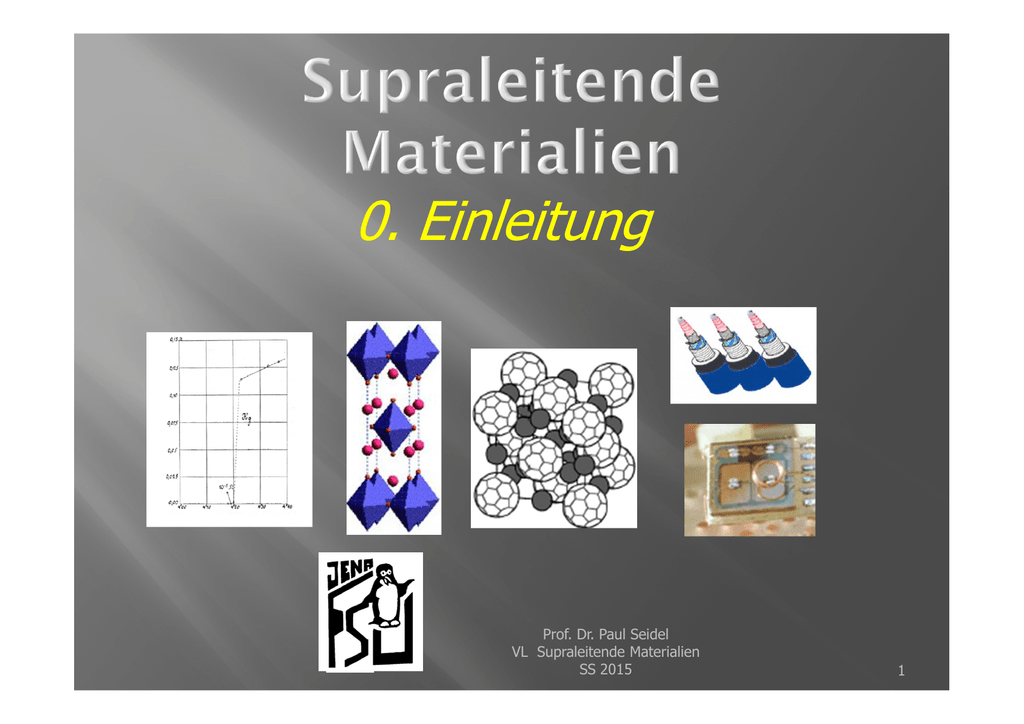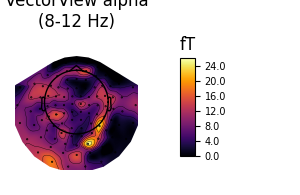Welcome to VectraView. VectraView is an online analytical tool that enables you to draw insights from Vectra results at the individual patient or practice level and calculate your qualifying patient’s cardiovascular risk. Improved VectorView selection; ArcDimension import from DWG/DXF; Multi-file read/write; Lazy loading; Manufacture environment with classes for defining milling setups, tools, 2x and 3x milling strategies, leads & ramps, and stocks. SimulationStock entity and material removal simulation.
Previous: Coroutines and the Calling Context
A question recently came up on an internal alias about how to create a WinRT collection, specifically an IVectorView, to represent some allocation of floating point values. Here’s my response. It illustrates how C++/WinRT helps you to create collections very efficiently and with very little effort. WinRT collections are rather complicated internally. C++/WinRT takes all of that complexity out of your hands, saving you a lot of time and effort.
I highly recommend using a std::vector for your data storage. You can then create an IVectorView quite simply:
This is very efficient and avoids copies. If you need complete flexibility, you can implement IVectorView and IIterable yourself:
If you need a bit of help you can use the collection base classes (in RS5) to implement those interfaces:
You can also return a custom container if you really don’t want to use std::vector:
Additional collection base classes exist for all of the generic collections in the Windows Runtime. There are also a number of cool features that the collection base classes offer for customizing the implementation and I’ll explore those in a future article. You can also learn more about this in our recent talk at Build 2018 where Brent and I introduced many of the productivity improvements in the version of C++/WinRT that ships with the Windows SDK as well as the Visual Studio extension for C++/WinRT that makes it a lot easier to get started with a new project.
-->Asus remote link for mac. Represents a read-only view of a sequential collection of objects that can be individually accessed by index. The type of each object in the collection is specified by the template parameter.
Syntax
Parameters
T
The type of the elements contained in the VectorView object.
E
Specifies a binary predicate for testing equality with values of type T. The default value is std::equal_to<T>.
Remarks
The VectorView Up uploader for instagram mac. class implements the Windows::Foundation::Collections::IVectorView<T> interface, and support for Standard Template Library iterators.
Members
Public Constructors
| Name | Description |
|---|---|
| VectorView::VectorView | Initializes a new instance of the VectorView class. |
Public Methods
| Name | Description |
|---|---|
| VectorView::First | Returns an iterator that specifies the first element in the VectorView. |
| VectorView::GetAt | Retrieves the element of the current VectorView that is indicated by the specified index. |
| VectorView::GetMany | Retrieves a sequence of items from the current VectorView, starting at the specified index. |
| VectorView::IndexOf | Searches for the specified item in the current VectorView, and if found, returns the index of the item. |
| VectorView::Size | Returns the number of elements in the current VectorView object. |
Inheritance Hierarchy
VectorView
Requirements
Header: collection.h
Namespace: Platform::Collections
VectorView::First Method
Returns an iterator that specifies the first element in the VectorView.
Syntax
Return Value
An iterator that specifies the first element in the VectorView.
Remarks
A convenient way to hold the iterator returned by First() is to assign the return value to a variable that is declared with the auto type deduction keyword. For example, auto x = myVectorView->First();.
VectorView::GetAt Method
Retrieves the element of the current VectorView that is indicated by the specified index.
Syntax
Parameters
index
A zero-based, unsigned integer that specifies a particular element in the VectorView object.
Return Value
The element specified by the index parameter. The element type is specified by the VectorView template parameter, T.
Vector Viewer
VectorView::GetMany Method
Retrieves a sequence of items from the current VectorView, starting at the specified index.
Syntax
Parameters
startIndex
The zero-based index of the start of the items to retrieve.
dest
When this operation completes, an array of items that begin at the element specified by startIndex and end at the last element in the VectorView.
Return Value
The number of items retrieved.

VectorView::IndexOf Method
Searches for the specified item in the current VectorView, and if found, returns the index of the item.
Syntax
Parameters
value
The item to find.
index
The zero-based index of the item if parameter value is found; otherwise, 0.
The index parameter is 0 if either the item is the first element of the VectorView or the item was not found. If the return value is true, the item was found and it is the first element; otherwise, the item was not found.
Return Value
true if the specified item is found; otherwise, false.
VectorView::Size Method
Returns the number of elements in the current VectorView object.
Syntax
Return Value
The number of elements in the current VectorView.
VectorView::VectorView Constructor


Initializes a new instance of the VectorView class.
Syntax
Parameters
InIt
The type of a collection of objects that is used to initialize the current VectorView.
il
A std::initializer_list whose elements will be used to initialize the VectorView.
N
The number of elements in a collection of objects that is used to initialize the current VectorView.
size
The number of elements in the VectorView.
value
A value that is used to initialize each element in the current VectorView.
Vectorviewer
v
An Lvalues and Rvalues to a std::vector that is used to initialize the current VectorView.
Memory clean mac review. ptr
Pointer to a std::vector that is used to initialize the current VectorView.
Vector Viewer App
arr
A Platform::Array object that is used to initialize the current VectorView.
a
A std::array object that is used to initialize the current VectorView.

first
The first element in a sequence of objects that are used to initialize the current VectorView. The type of first is passed by means of perfect forwarding. For more information, see Rvalue Reference Declarator: &&.
last
The last element in a sequence of objects that are used to initialize the current VectorView. The type of last is passed by means of perfect forwarding. For more information, see Rvalue Reference Declarator: &&.
See also
Platform Namespace
Creating Windows Runtime Components in C++
